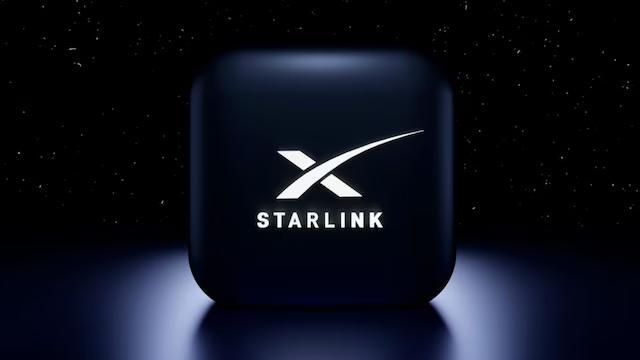
Govt asks Starlink to set up control centre in India: Report
In a recent development, the Indian government has asked Elon Musk’s satellite internet service, Starlink, to set up a control centre in the country. This move is aimed at enabling the authorities to suspend internet services in troubled areas whenever required to maintain law and order. Additionally, the government will also require the centre to allow call interceptions by law-enforcement agencies when necessary.
According to a report by The Times of India, the government has made this request to ensure compliance with national security and law enforcement requirements. The report highlights that the control centre will be responsible for monitoring and managing Starlink’s internet services in India, and will enable the authorities to take swift action in case of any security threats or law and order issues.
The government’s decision to ask Starlink to set up a control centre in India comes at a time when the country is witnessing a significant surge in digital activity. With the increasing use of the internet and digital services, the government is keen to ensure that these services are used responsibly and do not compromise national security.
Starlink, which is a satellite internet service provided by SpaceX, a company founded by Elon Musk, has been making headlines globally for its innovative approach to providing high-speed internet connectivity to remote and underserved areas. The company has already launched several satellites into space and has plans to launch many more in the coming months.
The government’s request to Starlink is seen as a significant development in the country’s efforts to regulate the use of satellite internet services. With the increasing reliance on digital services, the government is keen to ensure that these services are used responsibly and do not compromise national security.
The control centre that Starlink is expected to set up in India will be responsible for monitoring and managing the company’s internet services in the country. The centre will be equipped with advanced technology and will be staffed by trained professionals who will be responsible for ensuring that the services are used responsibly.
In addition to monitoring and managing Starlink’s internet services, the control centre will also be responsible for allowing call interceptions by law-enforcement agencies when necessary. This means that the authorities will be able to intercept and monitor communications in real-time, which will enable them to take swift action in case of any security threats or law and order issues.
The government’s decision to ask Starlink to set up a control centre in India has been welcomed by some, who see it as a necessary step to ensure national security. However, others have raised concerns about the potential impact on individual privacy and freedom of expression.
In a statement, a Starlink spokesperson said that the company is committed to working with the Indian government to ensure that its services are used responsibly and do not compromise national security. “We are committed to providing high-speed internet connectivity to remote and underserved areas, while also ensuring that our services are used in a responsible and ethical manner,” the spokesperson said.
The Indian government’s decision to ask Starlink to set up a control centre in India is seen as a significant development in the country’s efforts to regulate the use of satellite internet services. With the increasing reliance on digital services, the government is keen to ensure that these services are used responsibly and do not compromise national security.
In conclusion, the government’s request to Starlink to set up a control centre in India is a significant development that highlights the importance of national security and law enforcement in the digital age. While some may raise concerns about individual privacy and freedom of expression, the government’s decision is seen as a necessary step to ensure that satellite internet services are used responsibly and do not compromise national security.






